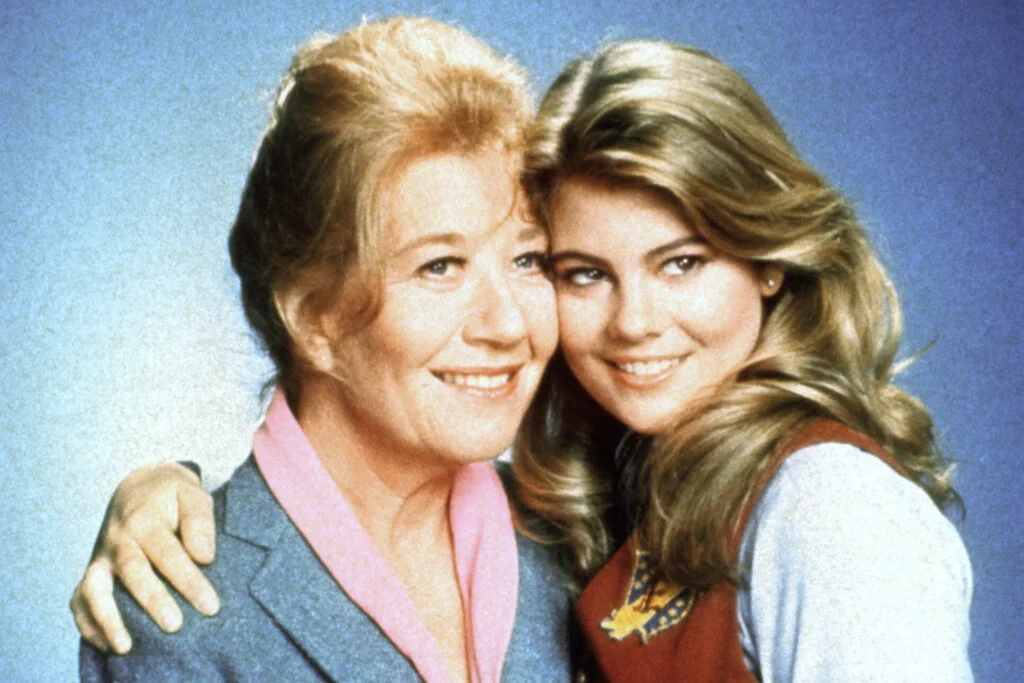Television has always had a special way of capturing the complex, beautiful relationship between mothers and their children. Long before streaming services and binge-watching, families gathered around the living room TV to witness moments that reflected our own relationships, hopes, and heartaches. As Mother’s Day approaches, we’re revisiting those unforgettable scenes from classic television that still have the power to bring a lump to our throats and remind us why moms deserve to be celebrated not just one day a year, but every day.
1. Carol Brady Helps Jan Through Her “Middle Child Syndrome” (The Brady Bunch)
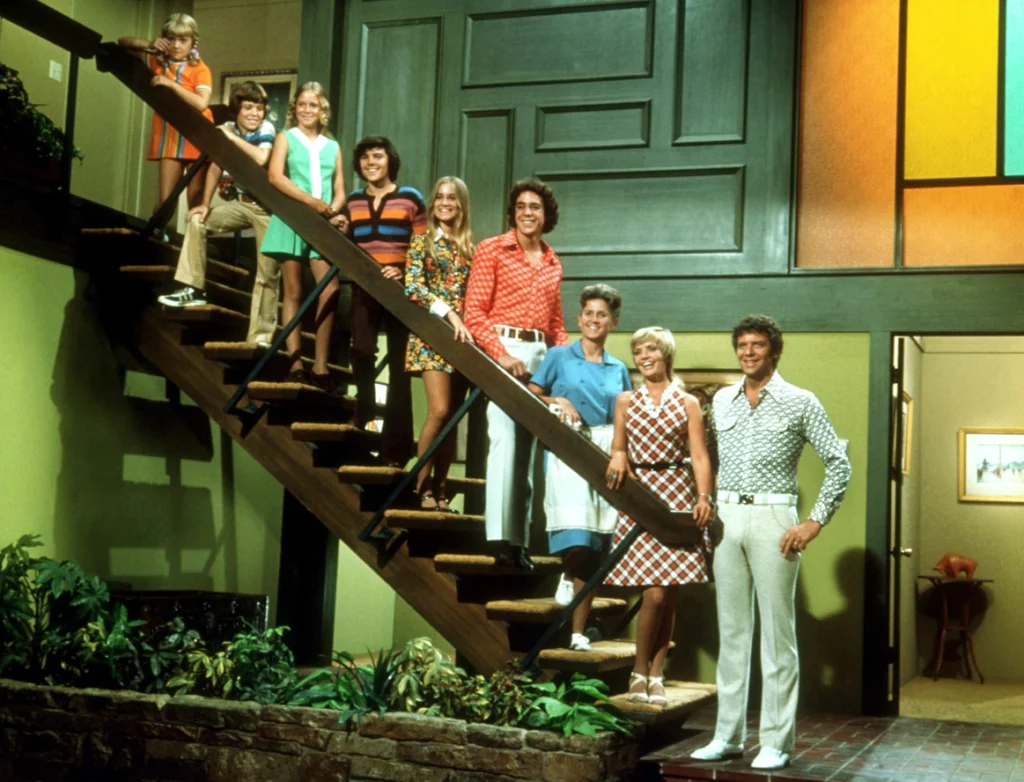
When Jan Brady uttered those now-famous words, “Marcia, Marcia, Marcia!” it wasn’t just a catchphrase—it was the perfect encapsulation of middle child frustration. What made this storyline truly special was how Florence Henderson’s Carol Brady handled her daughter’s identity crisis with such gentle understanding and wisdom. Instead of dismissing Jan’s feelings, Carol acknowledged them and helped Jan see her own unique qualities beyond simply being “the middle Brady girl.” Even Today gives a shoutout to poor Jan as the quintessential middle child.
The quiet heart-to-heart between mother and daughter, with Carol explaining that each child was special in their own way, resonated with anyone who had ever felt overlooked or overshadowed. The way Carol validated Jan’s feelings while guiding her toward self-acceptance demonstrated the kind of emotional intelligence that truly great mothers possess, fictional or real. This moment of maternal wisdom still serves as a blueprint for helping children navigate the complicated waters of self-identity and sibling rivalry.
2. Florida Evans Mourns James’s Death (Good Times)
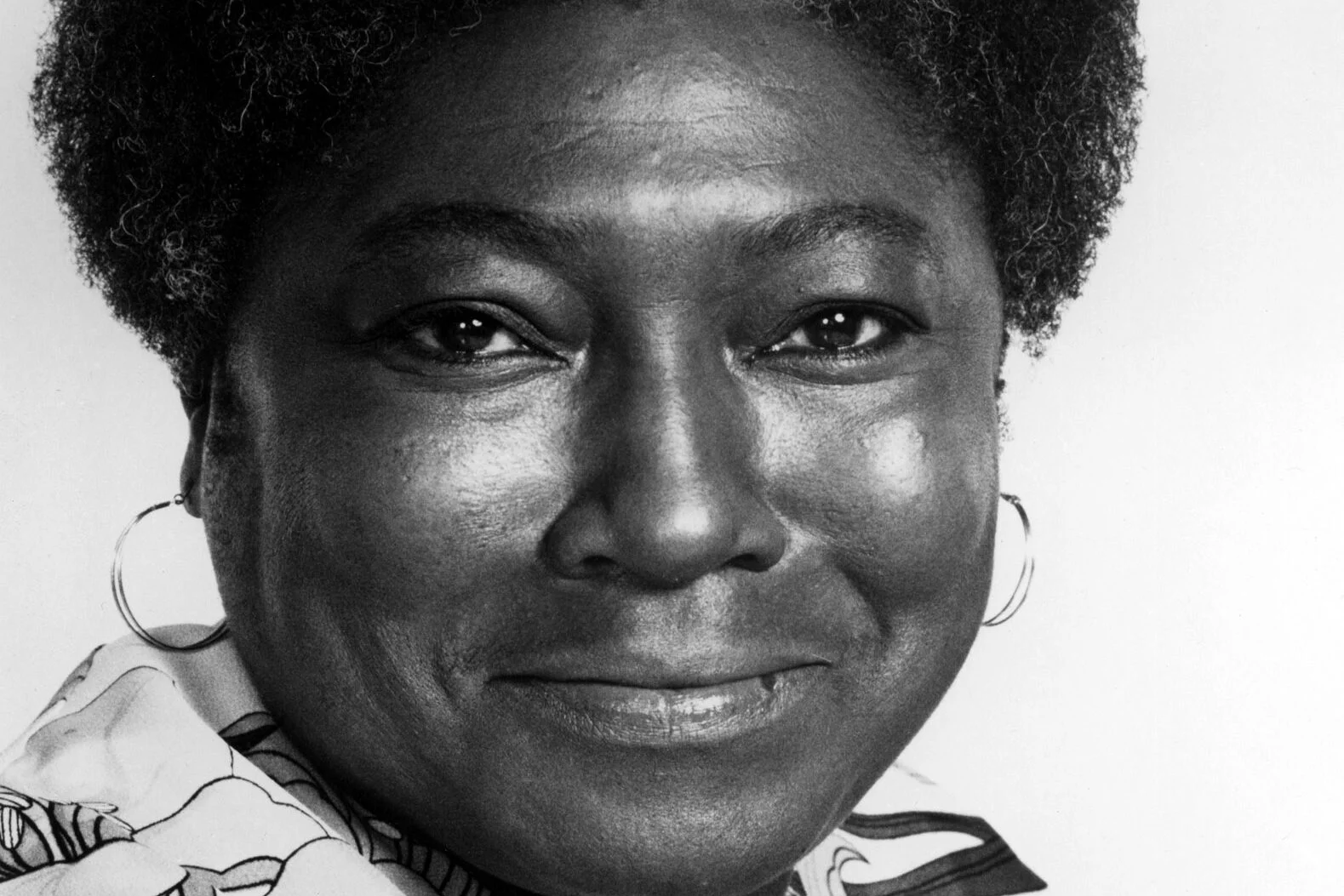
Few television moments have captured raw maternal grief like Esther Rolle’s unforgettable performance when Florida Evans learned of her husband James’s sudden death. The scene where she moves from disbelief to anger to devastating sorrow, finally crying out strong mature language broke television conventions of the time and showed the profound depth of a mother’s love for her family. Florida’s grief wasn’t just for herself, but for her children who had lost their father and the future she had planned for them all. Indeed, The Trini Gee honors Florida Evans as the very heart and soul of the sitcom, and for good reason.
What made this moment particularly powerful was watching this pillar of strength—a mother who had weathered countless hardships with dignity—momentarily crumble before pulling herself together for her children. The following episodes showing Florida finding the courage to continue raising her family without her partner highlighted the resilience that mothers often find when they have no other choice. This storyline elevated the sitcom format by acknowledging that even in shows where we expect laughter, real life delivers moments that can only be met with tears.
3. Shirley Partridge Supports Laurie Through Heartbreak (The Partridge Family)
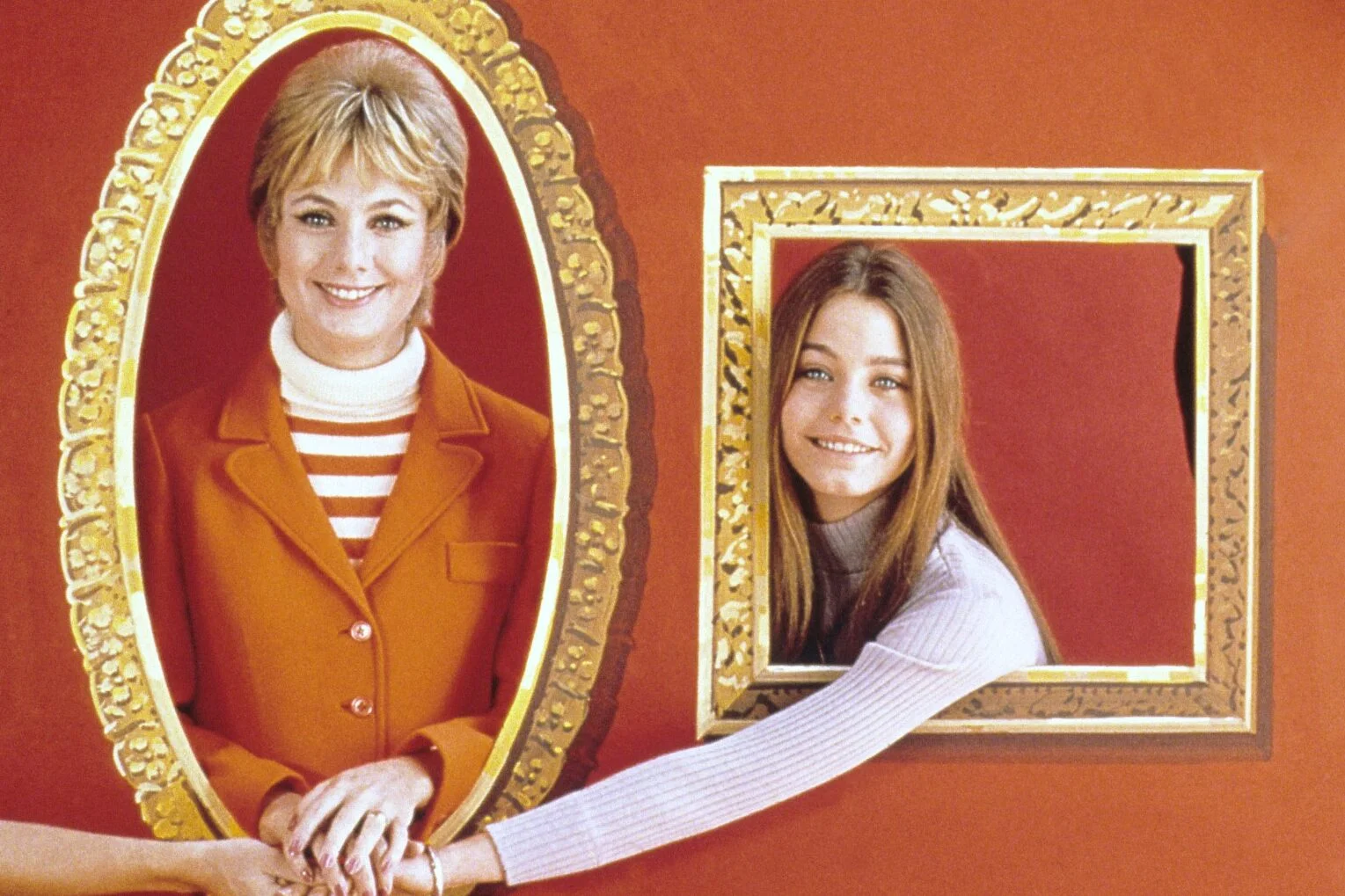
When Laurie Partridge experienced her first serious heartbreak, Shirley Jones portrayed the perfect combination of sympathy and strength that adolescents need from their mothers during emotional crises. Rather than offering empty platitudes or dismissing teenage love as insignificant, Shirley acknowledged her daughter’s pain while gently helping her see beyond the current moment. The scene where she shares her own youthful heartbreak humanized her in Laurie’s eyes, creating a bridge between generations. Behind the scenes, Womans World writes, other interpersonal relationships between the cast members could have used some motherly help, too.
What made this interaction particularly memorable was how Shirley balanced protecting her daughter’s feelings while simultaneously preparing her for life’s inevitable disappointments. She never suggested that Laurie shouldn’t feel her emotions deeply—only that she would survive them and grow stronger in the process. For viewers watching at home, this scene perfectly captured how mothers help navigate their children through emotional milestones while honoring the authenticity of their experiences, regardless of age.
4. Marion Cunningham Stands Up for Joanie’s Independence (Happy Days)
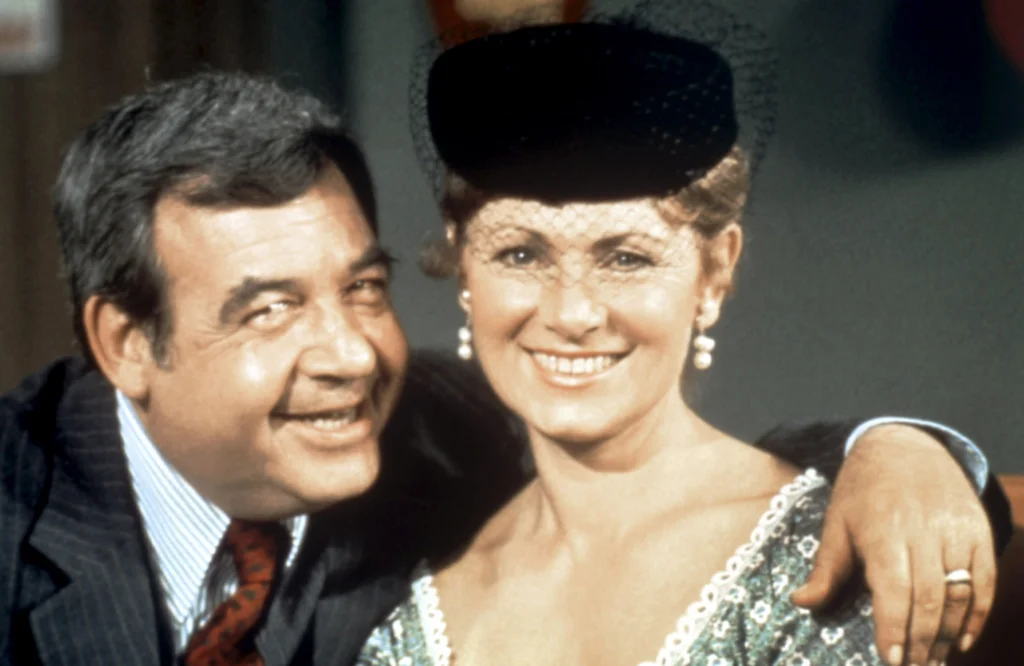
Marion Cunningham, portrayed with warmth and dimensionality by Marion Ross, showed her mettle when she defended Joanie’s right to grow up and make her own choices against Howard’s more traditional paternal protectiveness. While maintaining her characteristic sweetness, Marion demonstrated that maternal love sometimes means advocating for your child’s independence, even when it creates tension with other family members. The quiet determination in Marion’s eyes as she stood her ground revealed the steel beneath her apron.
The beauty of this moment was how it highlighted the evolving nature of motherhood—showing that loving your children sometimes means letting them take risks and make mistakes. Marion’s ability to see Joanie as a young adult with her own path, rather than perpetually as her little girl, offered a powerful model of maternal wisdom that acknowledges children’s growth rather than attempting to freeze them in time. For many viewers, this scene validated their own mothers’ behind-the-scenes advocacy during their teenage years.
5. Clair Huxtable’s “I Am Not Just a Mother” Speech (The Cosby Show)
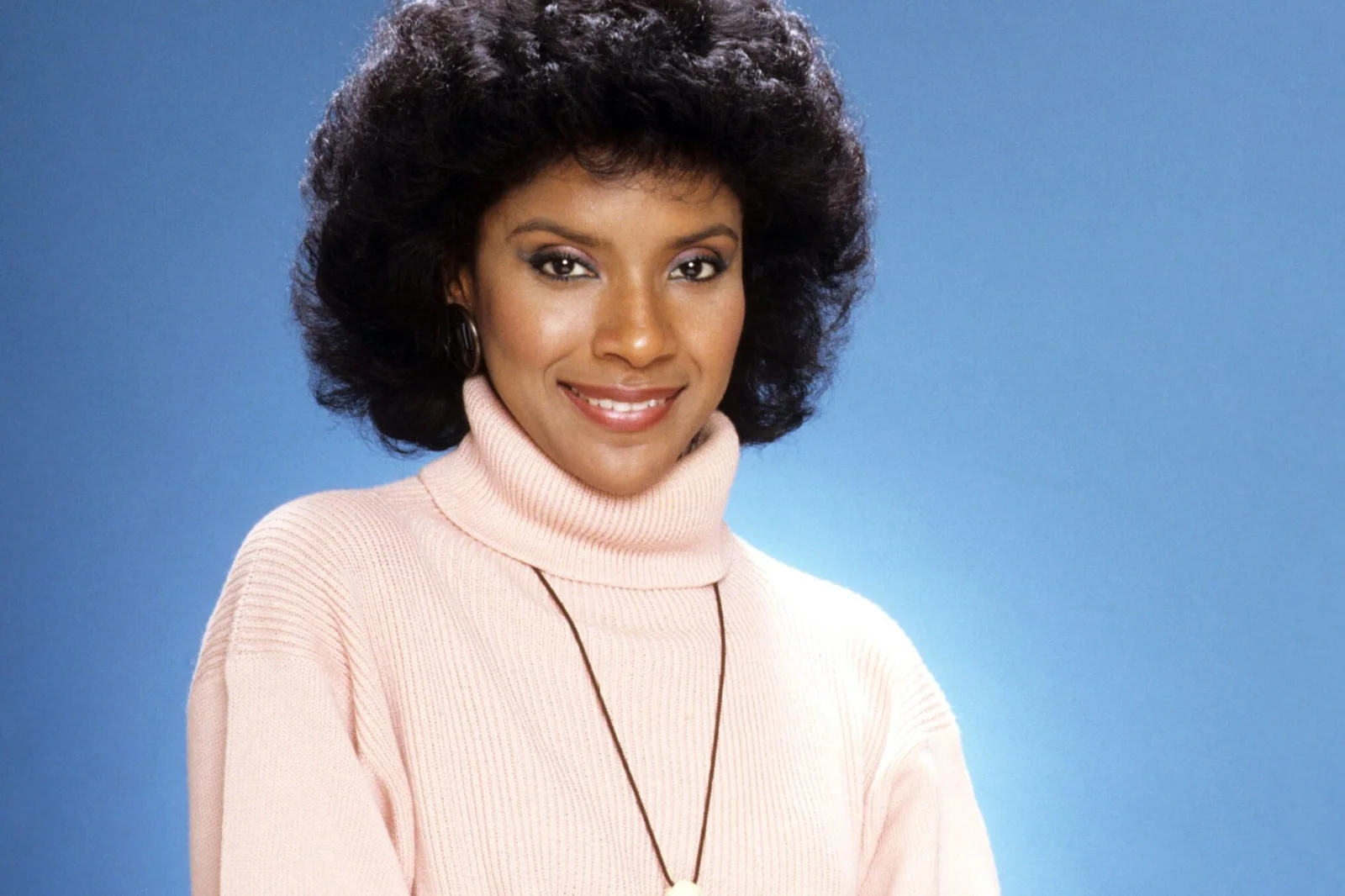
In a groundbreaking moment for television, Phylicia Rashad’s Clair Huxtable delivered an eloquent reminder to her children that motherhood was just one facet of her identity. After spending the day handling endless family demands, Clair firmly but lovingly explained that she was also a woman, a lawyer, and an individual with needs beyond serving her family. This powerful scene normalized the complexity of modern motherhood and validated women everywhere who balanced multiple roles.
What made this moment particularly impactful was how Clair maintained her loving connection with her children while establishing healthy boundaries—showing that good mothering includes teaching children to respect others’ humanity beyond their relationship roles. The children’s gradual understanding and respect for their mother as a complete person, not just as an extension of their needs, provided a template for family dynamics that honored maternal sacrifices without expecting maternal martyrdom. This scene still resonates with working mothers trying to balance professional aspirations with family responsibilities.
6. Edith Bunker Offers Quiet Strength When Gloria Needs It Most (All in the Family)

In a heart-wrenching episode of All in the Family, Edith Bunker quietly rises to the occasion when her daughter Gloria comes home visibly shaken from a traumatic experience. Though Gloria struggles to open up, it’s her mother—not her husband or father—who gently reaches her with patience and compassion. Edith listens, relates her own story from years past, and helps Gloria take the brave first steps toward speaking up, showing how a mother’s understanding can bridge even the most painful silences.
What makes this moment unforgettable is Edith’s quiet courage—not through force, but through empathy. She doesn’t rush Gloria or make decisions for her, but gently shares her own past to give her daughter the strength to face the present. Even when others step in and take control, Edith remains the steady emotional anchor, proving that a mother’s care can provide clarity in the murkiest of moments. Her love is soft but unwavering, and it helps Gloria feel a little less alone in a world that suddenly felt very cold.
7. Elyse Keaton Accepts Alex’s Differences (Family Ties)
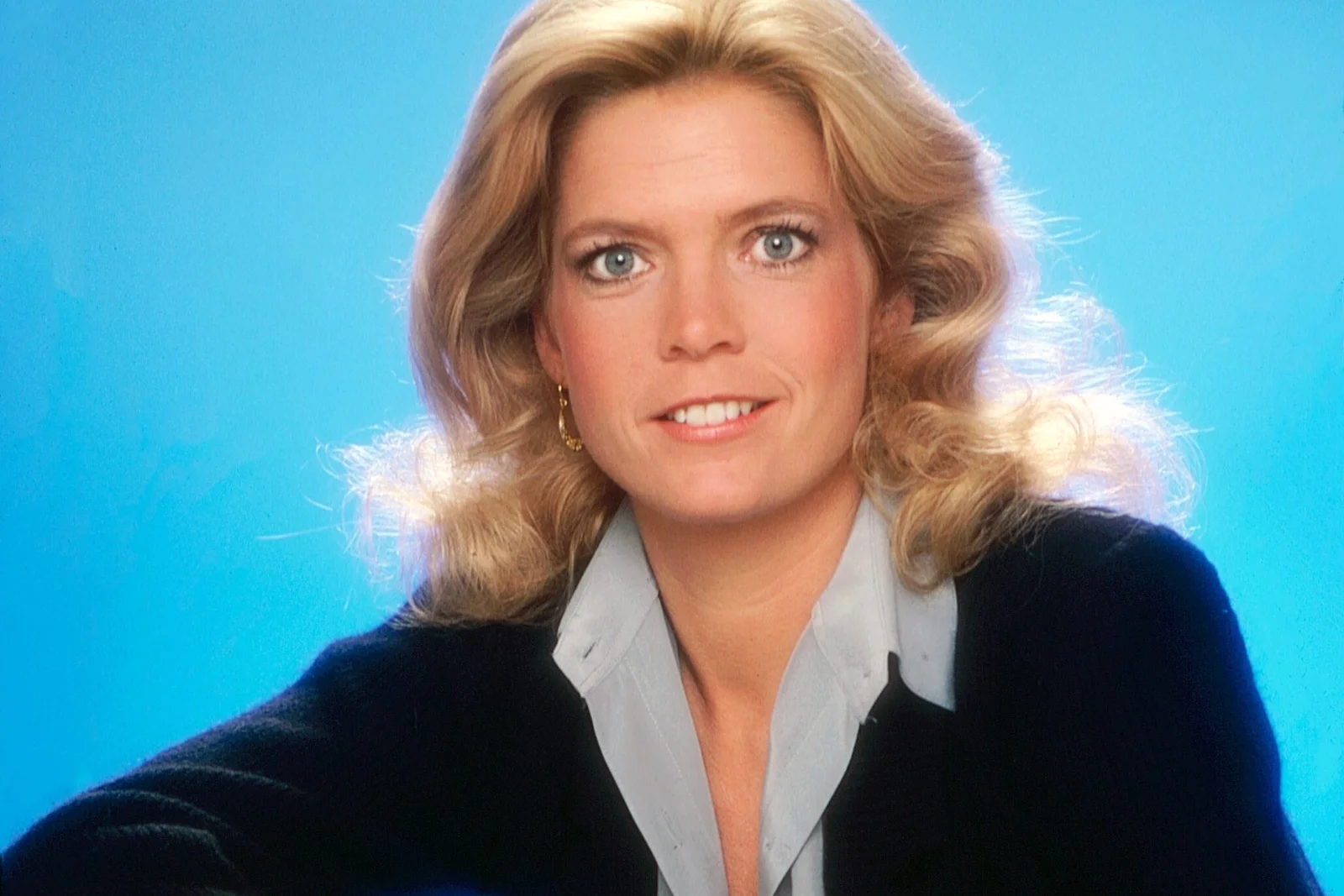
The ideological gulf between ex-hippie Elyse Keaton and her Reagan-loving son Alex created one of television’s most interesting mother-child dynamics. In a particularly touching episode, Meredith Baxter-Birney’s Elyse demonstrated true maternal wisdom when she acknowledged that loving her child meant accepting his right to form values different from her own. Rather than trying to change Alex or treating his conservative views as a rejection of her parenting, she found ways to connect with him through the principles they did share.
The beauty of this relationship throughout the series was how it modeled unconditional love across political divides long before our current polarized climate. Elyse never stopped challenging Alex’s thinking, but she also never stopped respecting and celebrating the thoughtful, passionate person he was becoming. Their relationship provided a powerful reminder that motherhood isn’t about creating miniature versions of ourselves, but about nurturing independent thinkers who may chart entirely different courses than we imagined for them.
8. Mrs. Garrett Comforts Blair Through an Identity Crisis (The Facts of Life)
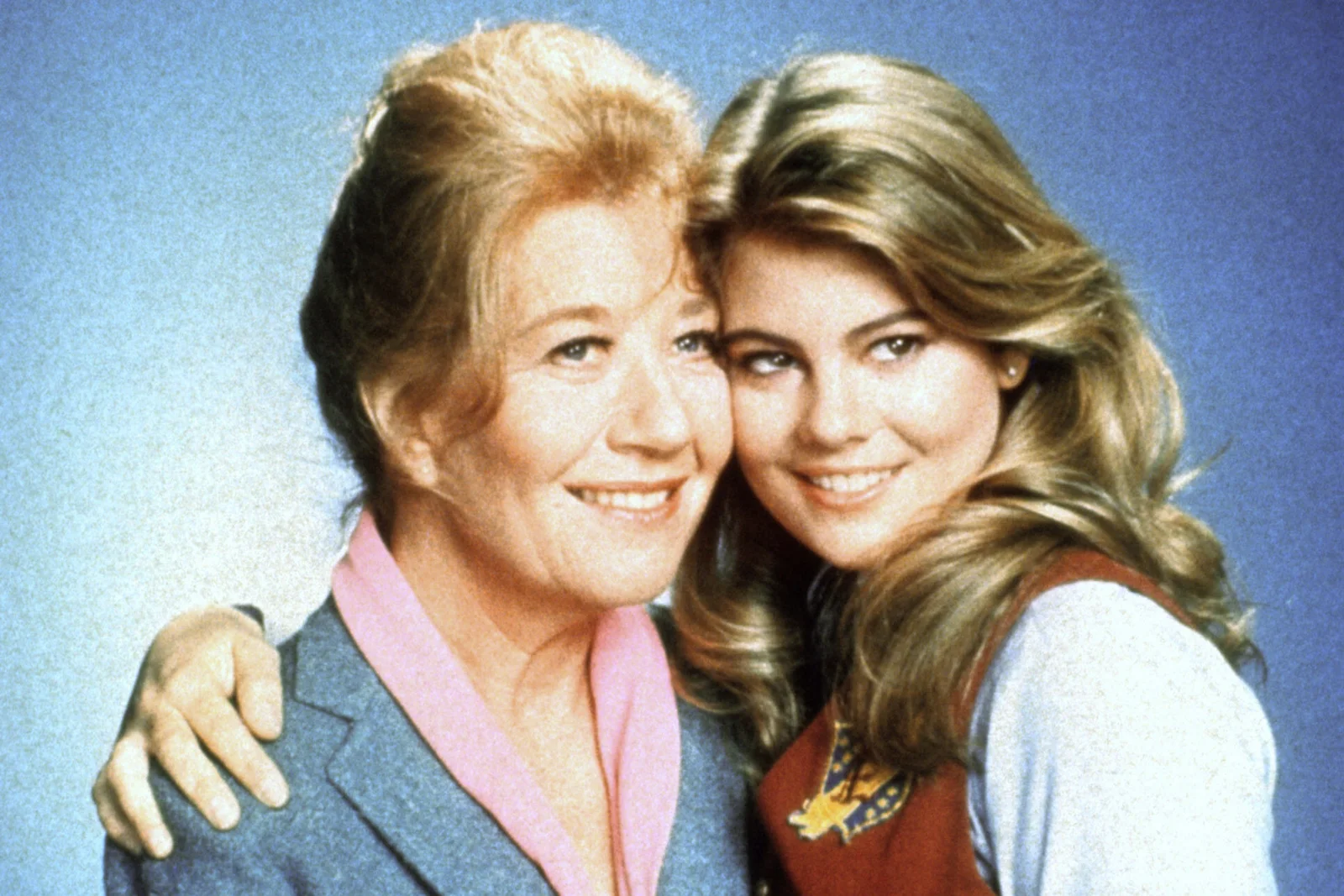
Though not their biological mother, Charlotte Rae’s Mrs. Garrett filled the maternal role for the girls of Eastland School, particularly in a moving episode where she helped the usually confident Blair Vernon through a crisis of self-worth. When Blair’s carefully constructed identity was shaken, Mrs. Garrett provided the unconditional acceptance and perspective that only a mother figure can offer. The quiet scene where she helped Blair see beyond surface appearances to her inner value delivered wisdom many biological mothers would envy.
What made Mrs. Garrett’s maternal moments so powerful was how she balanced general life wisdom with individualized understanding of each girl’s unique needs and challenges. She knew when Blair needed gentle encouragement versus when Jo needed firm boundaries, demonstrating the intuitive understanding that defines great mothering. For many viewers who lacked consistent maternal figures in their own lives, Mrs. Garrett provided a weekly template of what supportive maternal guidance could look like during the turbulent teenage years.
9. Sophia Sharing Rose’s Grief (The Golden Girls)
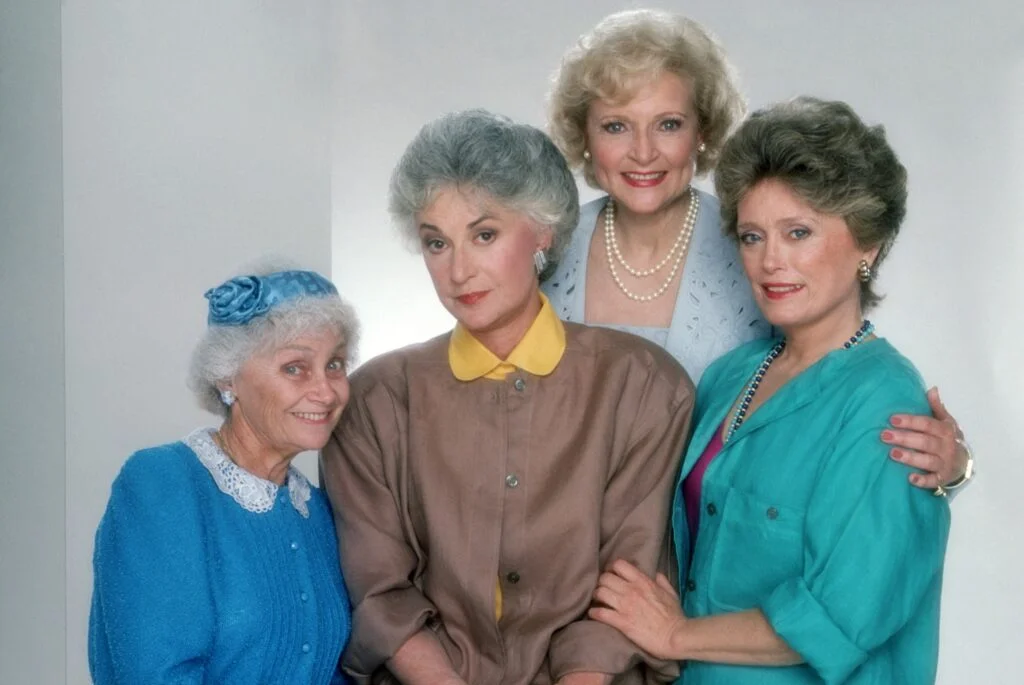
In an unexpected role reversal, Estelle Getty’s Sophia temporarily stepped into a maternal role for her daughter Dorothy’s friend Rose following the death of Rose’s mother. The scene where Sophia recognizes Rose’s need to say a proper goodbye and offers herself as a surrogate for Rose to express her final words was television at its most emotionally intelligent. Without overstepping or oversimplifying Rose’s grief, Sophia provided exactly the maternal presence Rose needed in that moment.
What made this interaction particularly touching was how it demonstrated that mothering transcends biological relationships and continues well into adulthood. Sophia’s willingness to be vulnerable and present with Rose’s pain, despite her typically sarcastic exterior, highlighted how maternal love often appears exactly when and where it’s needed most. For viewers who had lost their own mothers, this scene offered both catharsis and comfort in its acknowledgment that while mothers may leave us, maternal love can find us in unexpected places.
10. Louise Jefferson Guides Her Family Through Grief With Grace and Strength
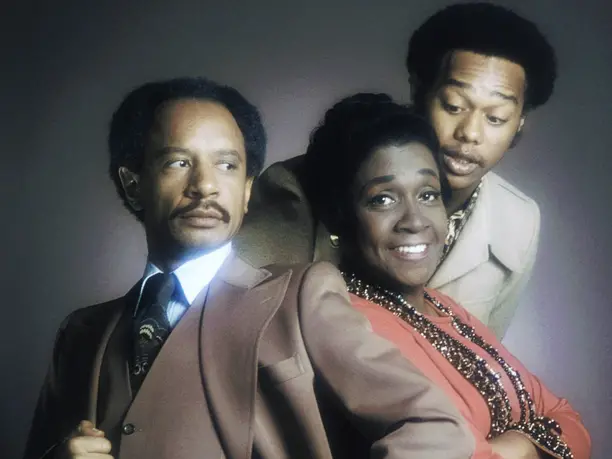
In a powerful flashback episode of The Jeffersons titled “The First Store,” Louise Jefferson quietly shines as the heart of the family during one of their most emotional turning points. While George and Lionel clash over how to respond to the racial injustice surrounding them—especially in the wake of Dr. Martin Luther King Jr.’s assassination—Louise becomes the calm, steady voice of reason. She doesn’t dismiss their pain but urges them to rise above it with dignity, compassion, and a sense of purpose that honors Dr. King’s legacy.
In a moment that still resonates today, Louise lovingly challenges both her husband and son to think before they act, reminding them that anger without direction only fuels the fire they want to extinguish. Her ability to hold space for their grief while guiding them forward is a testament to the strength and wisdom so many mothers bring to difficult moments. With quiet grace, Louise helps them remember who they are—and who they can still become. It’s a mother’s love at its most powerful: protective, honest, and deeply human.
As Mother’s Day approaches, these classic television moments remind us that while fashions and technology may change dramatically across decades, the essence of the mother-child bond remains beautifully constant. Whether biological or chosen, temporary or lifelong, the maternal relationships that shape us continue to reflect the same fundamental elements of love, protection, guidance, and gradual letting go that these beloved TV moms portrayed. Perhaps that’s why, even decades later, these scenes still have the power to make us reach for the tissues—they connect us to our own stories of being mothered and, for many of us, our experiences of mothering others.

